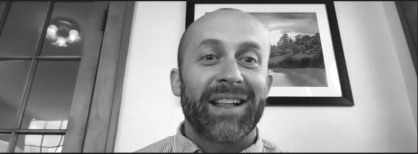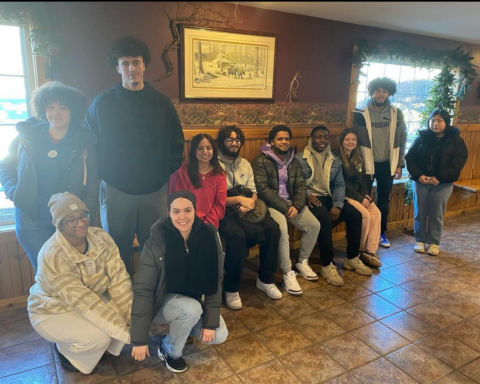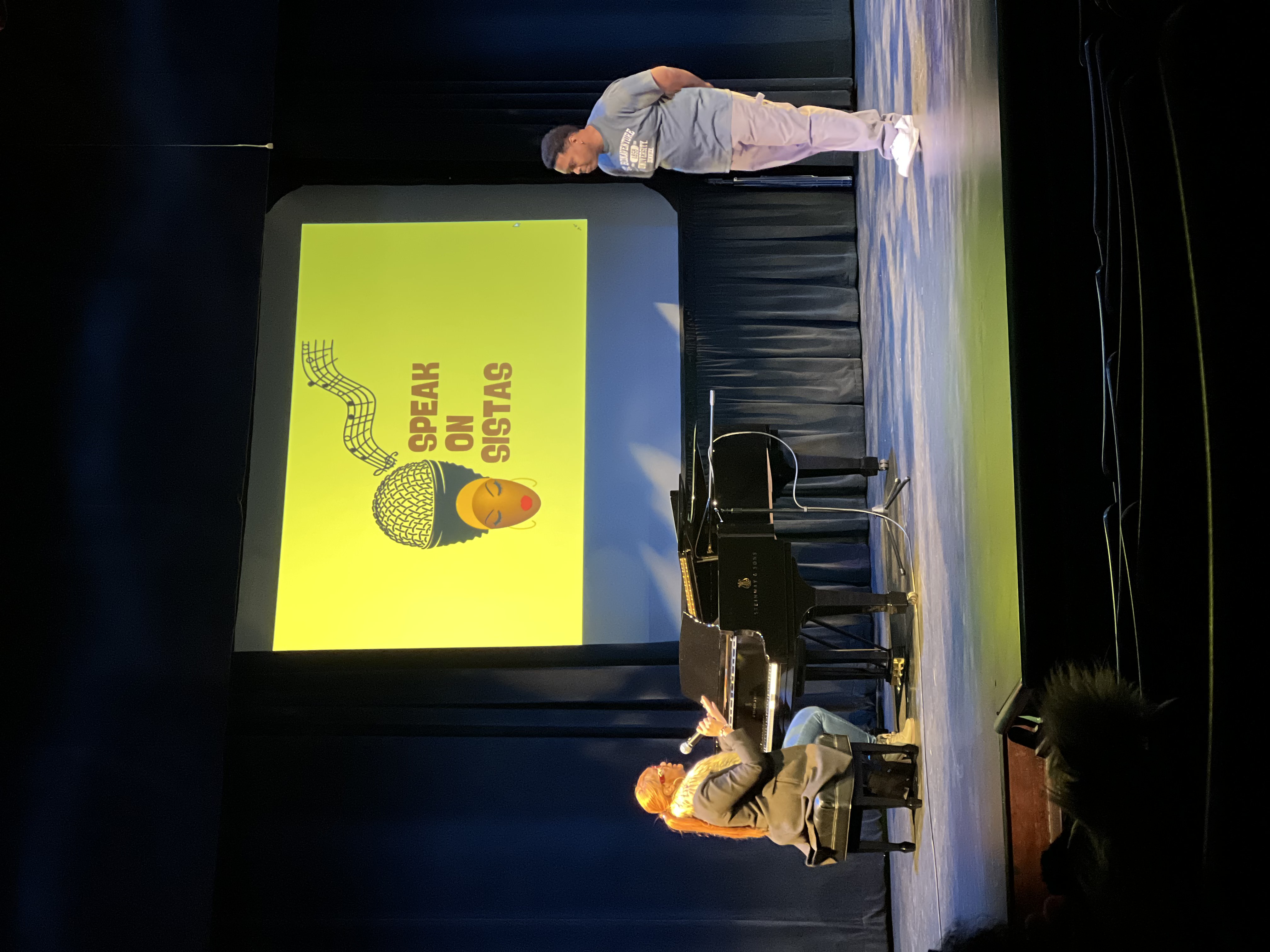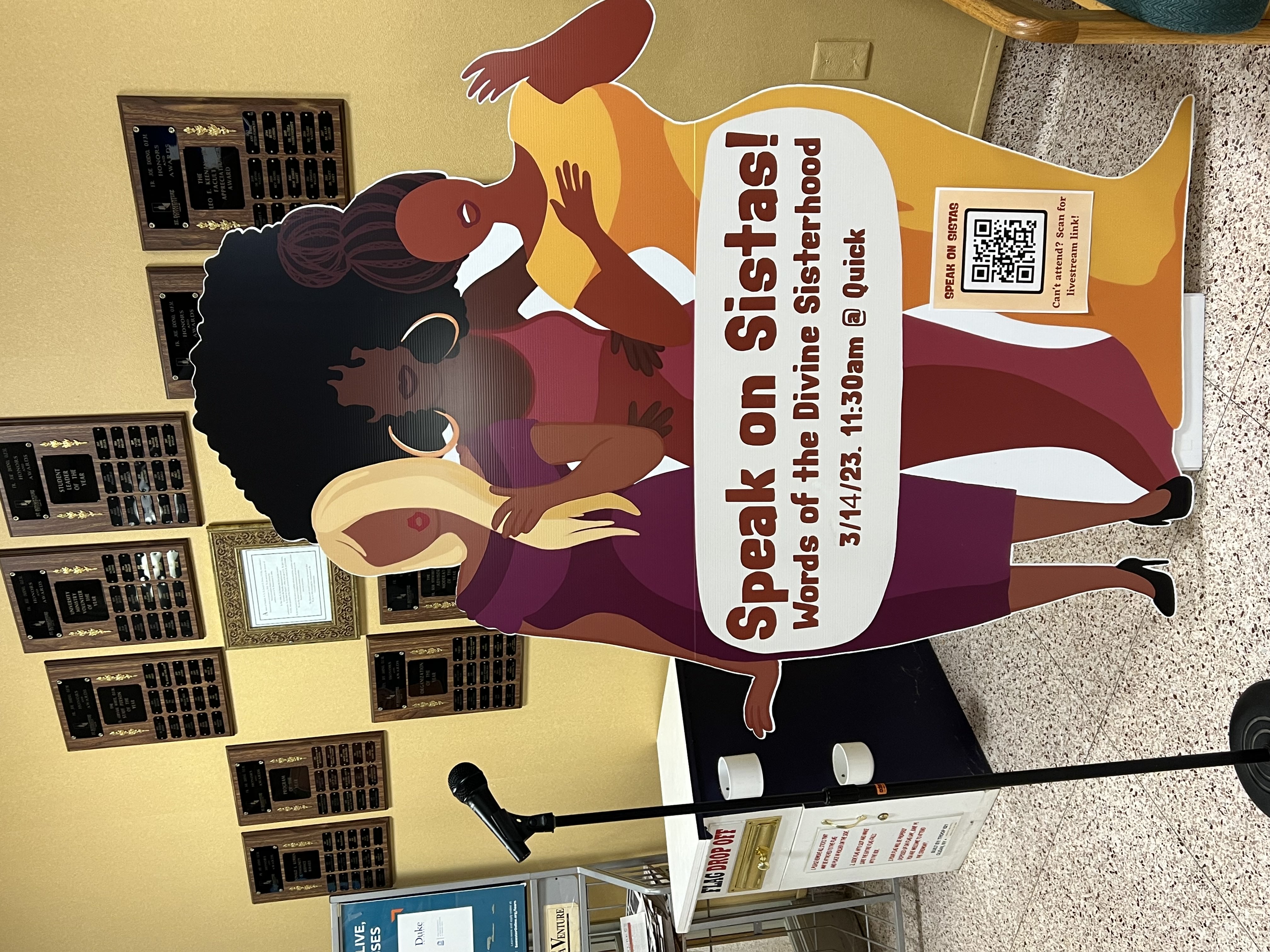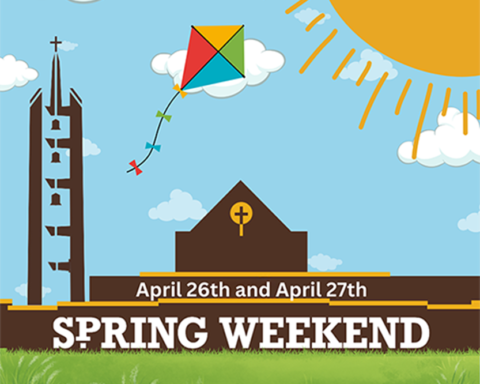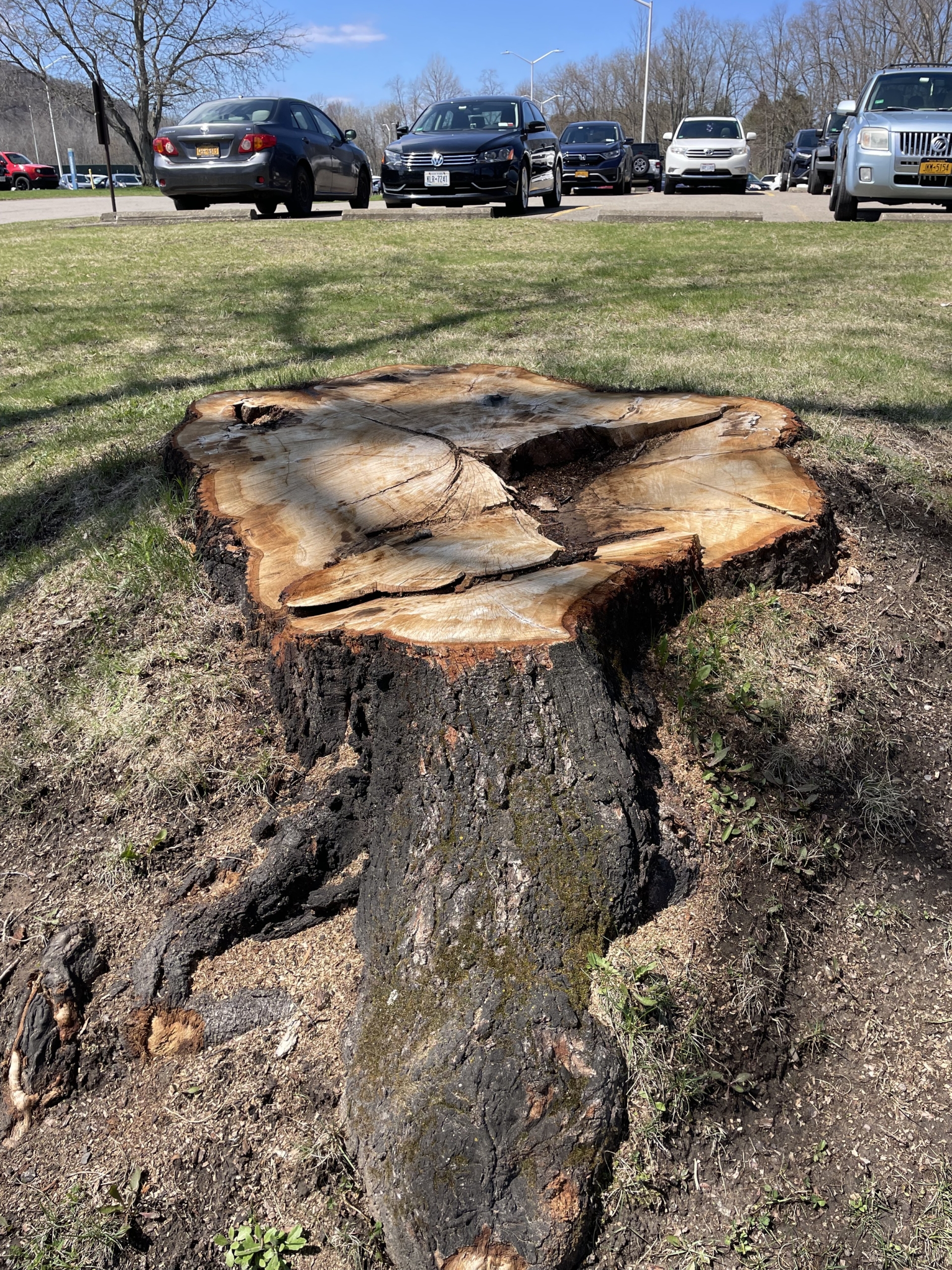By AJ Powers, Staff Writer
Dr. Gariel Swarts, adolescence education director and assistant professor of education at the university, gave a talk on his dissertation from 2017 last Tuesday. Swarts was a high school social studies teacher for 10 years before getting a reduction in force – in simpler terms, laid off. Swarts ended up teaching “in a top five school district in Ohio,” where he received a 50% raise in salary.
According to Swarts, this transition changed his life: he decided to go back to school and get his PhD because he was getting asked questions he did not know the answer to. Swarts became involved in engaging with his community through community service, service learning, trying new experiences and meeting new people.
Swarts gave a talk on “Privilege and identity in service learning: How service acts can reinforce social and culture inequity.”
The school Swarts conducted the research in was in the top 1% of all public high schools in the country. 92.7% of the population was white, 7% was Asian and the remaining percentage was Black or Latino. His presentations contained pictures of students in high school helping their communities in diverse ways through service-learning opportunities.
“It’s unnatural for us to want to hang out with people that are different than us just on a biological human tribal level right,” said Swarts. “It’s unnatural, in a sense, to want to do that and so as schools, we want to be corrective facilities and we want to take students and encourage them to engage with differences of all shapes and sizes.”
He emphasizes the importance of getting out and interacting with people who do not look like you and do not come from the same upbringing as you. Swarts said that schools need to have more philosophy and ethic classes to teach us how to interact better with each other.
“Explore how high school student experiences differ in high school service-learning programs and in what ways these experiences address privilege through deprogramming activities and objectives,” said Swarts.
The main research questions were how students make sense of their civic identity community experiences and citizenship in a service-learning classroom. He collected data through student journals, three interview series, observations in class and service sites, student photography and a week-long service trip where he was a chaperone.
Swarts added that students sometimes would not meet the required hours for the week and they would tell the teachers they had other things to do during the week. Out of 5,000 photos from the students, Swarts said that there would be pictures of the students thumbing up and smiling to show that they were having an enjoyable time.
“You know, there was some pressure to like always be on as a servant in the class, and it was that was interesting to me, too, is the teachers were looking for a specific type of action and you had to give that type of action, you know to get the feedback that you want it to get,” said Swarts.
Swarts then talked about the idea of “the bubble.” This means the community that these students lived in as a comfortable setting for them and one of the main purposes of this exercise was to get students well-furnished outside of their bubble.
One student Swarts surveyed in the presentation said, “I always liked working at the food bank. Even just talking a lot with the homeless people there- I mean hearing what they have to say the whole ‘bubble’ thing… I like hearing what other people have to say.”
The idea behind this is hearing what other people are going through and seeing just how privileged some people are.
“It is wrong to just be in the bubble,” said another student in the presentation. “And I think being a part of the service learning and being a community servant in a sense… I’ve definitely had my eyes opened.”
Swarts concluded his speech saying dialogue about privilege must continue, because without it, the “aims of the program” may miss important spots.
powersaj17@bonaventure.edu

